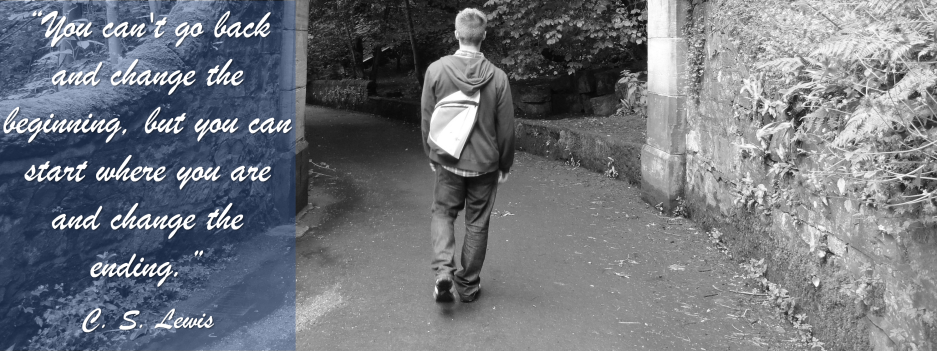Header image credit: me // Featured image credit: me
“Music […] gives soul to the universe, wings to the mind, flight to the imagination, and charm and gaiety to life and to everything.”
Plato
I love music. I love listening to it. I love playing it. I love talking about it. I can be a bit snobbish about my preferences for it (but I’m working on that). But, really, music is music, and that makes it great. It can be enjoyed by people of all nations, for there is no language barrier in music. (Case in point: when I was in Berlin several years ago, I went to see Carmen. If you’re not familiar with that opera, it’s sung in French…which I don’t speak. Being in Berlin, the surtitles were in German…which I can’t read. Needless to say, I was clueless about the plot. But, I was still able to enjoy the music and the performance, both of which were stunning.) It brings people together for a common purpose of making or listening to something beautiful, and there is something so uniquely special in an ensemble of individuals playing together as one. Music speaks to our emotions and helps us express them in ways that our words can’t. It’s food for the soul.
It’s also food for the brain.
Continue reading


